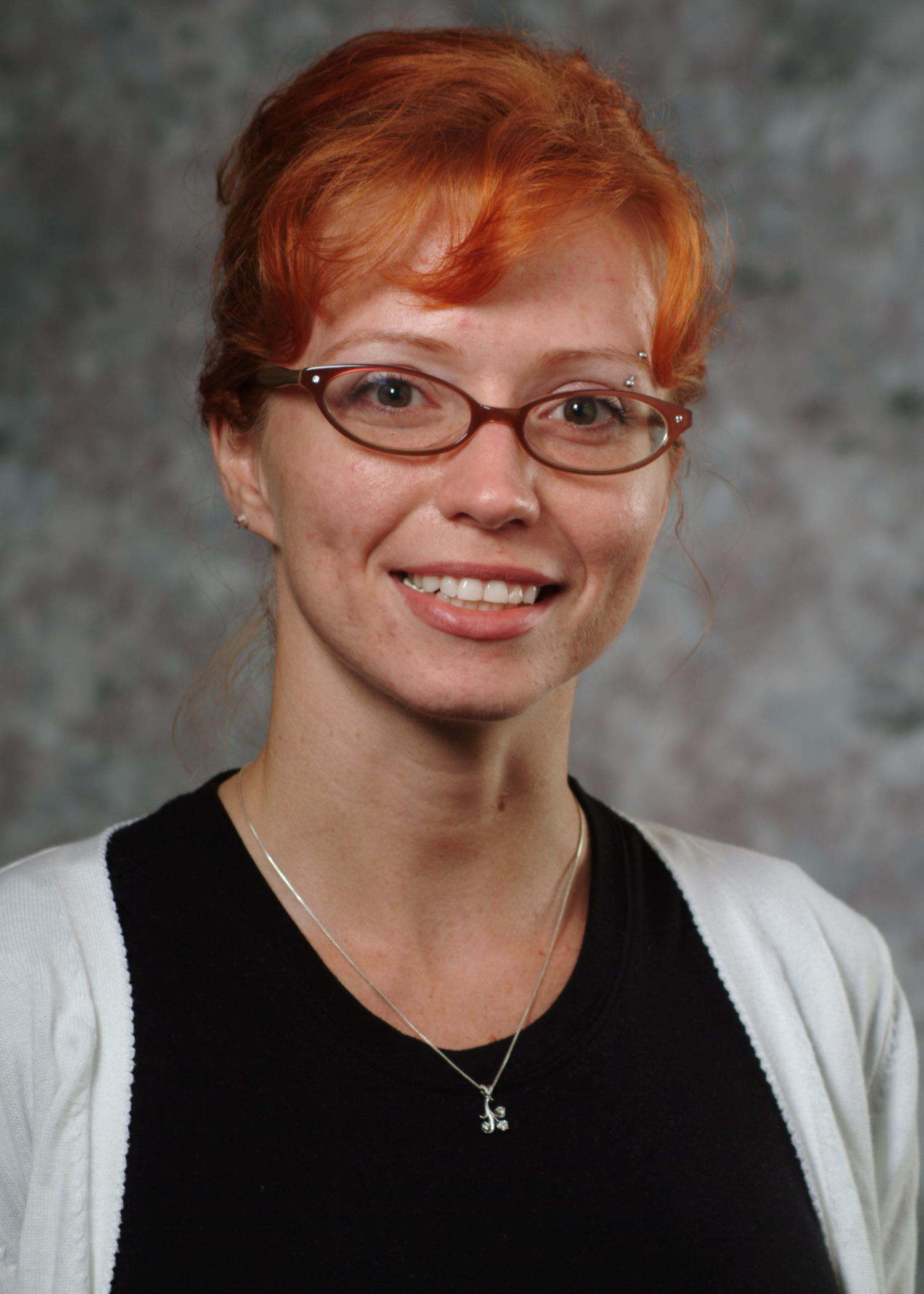Recognizing Violent Hate Crimes
FAYETTEVILLE, Ark. — When it comes to hate crimes, research by a University of Arkansas sociologist found that when people and police focus on the signs of a hate group in their community, they risk missing the even more serious, violent hate activity that happens between individuals.
“The more serious or violent an incident was, the less likely an organized hate group appeared to be involved,” writes Mindy Bradley in a study in a recent issue of Journal of Crime and Justice. “Rather, the brutal physical attacks that symbolize the public perception of hate crimes are not only highly infrequent, but rarely have any evidence of organized hate group involvement.”
Bradley’s examination of an extensive database of hate incidents in Pennsylvania revealed that “the majority of hate activity does not involve organized hate groups.” Incidents involving organized hate groups tended to be nonviolent acts, more in the category of annoyances and not crimes. The most common offense in the data she studied involved nonviolent personal disputes and arguments.
Bradley noted that hate crimes are particularly difficult for victims to grasp because the crime is by nature an attack on their very identity.
“Victimization is a particularly confusing and bewildering event,” Bradley said. “When such an event occurs, victims look to situational cues to help them first define the incident, and then select the appropriate course of action.”
Bradley found that symbols related to hate groups were important to victims in identifying hate crimes. Even though the incident may be relatively trivial, “the mere indication of hate group involvement may have a particularly adverse effect on victims.” When there was an indication of hate group involvement, victims were more likely to call the police, and the police were more likely to take action.
“Signs and symbols of hate are alarming, but the real threat of violence is in interpersonal actions, and those cases are less easily recognized as hate crimes,” Bradley said.
In the journal article “Symbolizing Hate: The Extent and Influence of Organized Hate Group Indicators,” Bradley concluded that while it is important to monitor hate group activity, communities need to look broadly at ways to prevent bias crimes. Localized and individual-level programs, such as community mediation programs, may be essential to the prevention of serious, violent hate activity.
Bradley examined data recorded by the Pennsylvania Human Relations Commission on 1,908 incidents, involving both criminal and noncriminal behavior, that the victim or authorities believed involved bias against race, religion or sexual orientation. The commission’s data was an improvement over the data used in previous studies because the commission collected data from multiple sources — media coverage, victim complaints, police reports and notification by advocacy groups. Past studies have had to make do with single sources of data, which produce an inherent bias. For example, police reports only contain information on incidents that are reported, while reports of advocacy groups may contain less serious cases that did not attract media attention.
Bradley is an assistant professor of sociology and criminal justice in the J. William Fulbright College of Arts and Sciences at the University of Arkansas.
Contacts
Mindy S.
Bradley, assistant professor, sociology and criminal justice
J. William
Fulbright College of Arts and Sciences
(479) 575-3776, mwbradl@uark.edu
Barbara Jaquish,
science and research communications officer
University
Relations
(479) 575-2683, jaquish@uark.edu
Headlines
PetSmart CEO J.K. Symancyk to Speak at Walton College Commencement
J.K. Symancyk is an alumnus of the Sam M. Walton College of Business and serves on the Dean’s Executive Advisory Board.
Faulkner Center, Arkansas PBS Partner to Screen Documentary 'Gospel'
The Faulkner Performing Arts Center will host a screening of Gospel, a documentary exploring the origin of Black spirituality through sermon and song, in partnership with Arkansas PBS at 7:30 p.m. Thursday, May 2.
UAPD Officers Mills and Edwards Honored With New Roles
Veterans of the U of A Police Department, Matt Mills has been promoted to assistant chief, and Crandall Edwards has been promoted to administrative captain.
Community Design Center's Greenway Urbanism Project Wins LIV Hospitality Design Award
"Greenway Urbanism" is one of six urban strategies proposed under the Framework Plan for Cherokee Village, a project that received funding through an Our Town grant from the National Endowment for the Arts.
Spring Bike Drive Refurbishes Old Bikes for New Students
All donated bikes will be given to Pedal It Forward, a local nonprofit that will refurbish your bike and return it to the U of A campus to be gifted to a student in need. Hundreds of students have already benefited.





